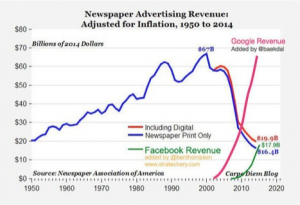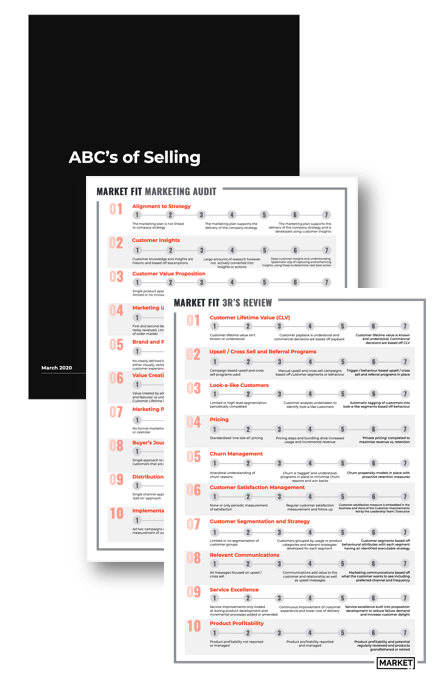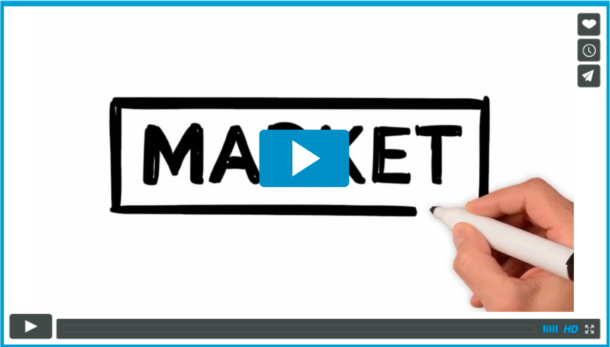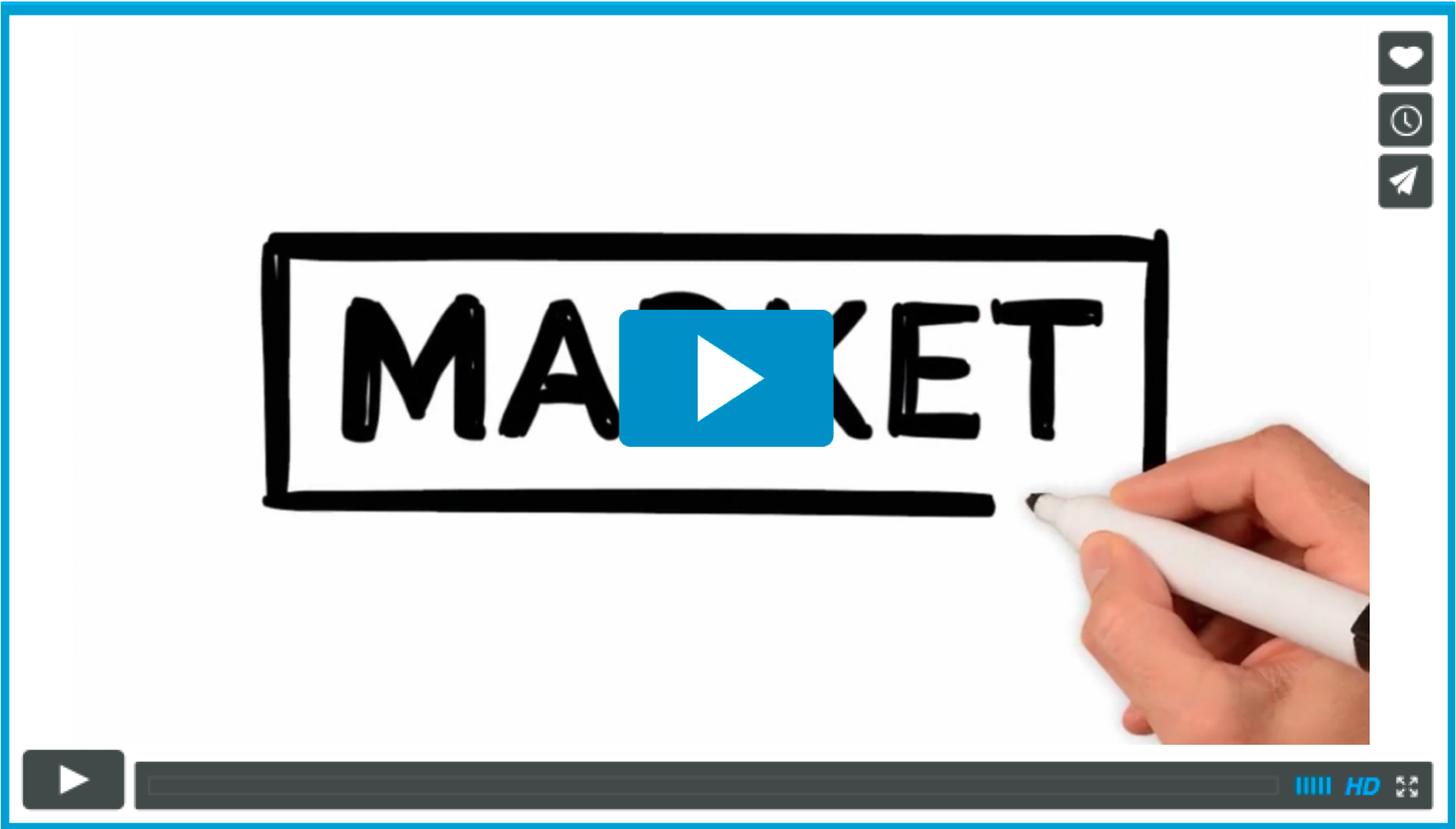Following on from last week’s musings I want to look a little deeper at change and the associated level of disruption occurring within the exponential economy, and how you might think about addressing this as an organisation. It is clear by now that change is coming faster than ever, and doing nothing is no longer an option.
As a principle for 21st century business, this from the Singularity University takes some beating – plan for the future and be prepared to be surprised. Humans find exponential growth non-intuitive. Conditioned by centuries of linear and local change we intuitively bias towards stepped growth. In contrast, companies who grasp that this is no longer the status quo are busy creating digital disruption.
Here’s an example. Even as the Singularity Summit was happening, (and I was publishing on the exponential economy), one of my exponential exemplars was planning for the future. Six weeks ago Airbnb bought a small Barcelona based travel startup by the name of Trip4real. Specialising in localised experiences for tourists, it wasn’t hard to understand the attraction.
The launch of Trips last week formally connected the dots. A marketplace for localised travel experiences, Trips is a clear move deeper into travel’s value chain for Airbnb. It exhibits some classic exponential traits… exploitation of cutting edge technology, a focus on customer experience, and a concentration on service and not assets. Airbnb are planning for the future and expecting to find that exponential growth surprise.
So what do you do if you’re these guys, or maybe even these guys, watching Airbnb? What’s your next move? Do you give up, develop an awesome “slow death” or “walk backwards slowly” strategy to manage your decline? Or, do you react positively, take the opportunity to interrogate your business, disrupt your own model in a managed way, and increase your chances of surviving (or even, just maybe, thriving)?
Congratulations if you chose the second option. The reality is change doesn’t always come “exponentially”. Airbnb’s newly found competitors still have time to react – change will increase the chance of survival for those who act quickly. But here’s the challenge. However it arrives, exponential change is never linear. Accelerating your current strategy will only accelerate existing linear growth (or reduce the speed of your decline). And it doesn’t matter how steep your linear change line gets, it will never beat a hockey stick curve. Once you fall behind that curve, you are in serious trouble. Look at the impact of Google and then Facebook on newspaper advertising revenue. You need to find a way to generate exponential or non-linear change, and you need to do it quick.
Disrupting your own business model may seem scary and just too difficult. The challenge and actions required are confronting. Even if you are doing it in a managed and targeted fashion, creating exponential change requires a real commitment.
But it is do-able. Three years building new businesses at Spark Ventures has taught me incumbents including big traditional corporates can indeed innovate and change – solid established advantages like broad (and sometimes deep) customer relationships, strong distribution channels and also strong balance sheets give them an excellent base to deliver change from. They also tend to have plenty of smart and talented people.
Often though, incumbents struggle to recognise the burning platform, or generate the will to confront the problem (rather than leave it to the next guy), lack the thinking and mindsets required to re-imagine their business model, and also lack the capability and culture required to deliver it.
Back in 2014 McKinsey did some analysis on the common principles found in successful digital businesses. They apply equally well to incumbents making successful digital plays. As you read them, think about how many apply perfectly to Airbnb and Trip4real. Or here’s another good example – a focus on the customer and their issues, ringfencing capability (in this case, away from the competition), a willingness to change, and an adoption of digital best practice are all present in Google’s acquisition of Waze. And if it’s good enough for Google…
- An obsession on the customer experience… successful exponential and digital businesses place the customer at the centre, and eliminate anything from their existing processes that could cause friction for their customers. Removing friction is central to delivering amazing, maybe magical even experiences that are more engaging and generally lower cost to deliver.
- A re-imagination of the business model… traditional models tend to be designed from a technology or product first orientation, creating an “inside→out” approach. Exponential businesses flip this, working backwards from their customers’ needs, applying digital mindsets, thinking, and action, crashing the party for analogue, asset heavy, incumbent models.
- A willingness to challenge everything… nimble, adaptive businesses are created by a willingness to question the status quo. Assume almost everything in your existing business model is broken, work backwards from that point and determine which bits are still fit for purpose. A “no sacred cows” mindset is critical.
- The setting of “unreasonable” targets… it’s called exponential for a reason. Remember, linear growth won’t save you no matter how strong – if it doesn’t feel downright unreasonable then you haven’t gone hard enough.
- The adoption of digital best practice… data driven initiatives, delivered through Lean, Agile, iterative approaches are the order of the day. Cadence is critical as are pivots and shut-downs. Executing a pivot, persevere or shut-down choice at pace is very important. And never persevere to the point of shutdown. Big fails are extinction events… instead, use small fails as learnings to support survival.
- The acquisition and/or ring fencing of the required capability… if you don’t have the right talent or resource, get it in. If you do have it, structure it so you maximise its efficiency. And as cynical as it might sound, ring fence what capability you have, at least until you have momentum. Traditional organisational antibodies are pretty efficient at killing off new talent and ways of working.
- Following the money… at the end of the day you need to see commercial wins. Attack first the products, processes and costs that are digital ready. Deliver results, and if you fail, fail fast and cheap. This is the best way to build momentum and confidence.
Next week I want to give you some concrete steps to get you started on the exponential journey, but for now here are four questions I’d like you to consider with your own organisation or business.
1, Is the customer at the heart of your business model, and are you designing your business products and processes from the customer back?
2, Are you willing to break things apart in order to rebuild them in a digitally fit way?
3, Do you know what your digital capability looks like? Have you structured, and if necessary ring-fenced it in order to maximise its value?
4, Are you ready to pursue change in products and processes most likely to deliver immediate digital return? Are you set up to innovate and fail fast and cheaply where necessary?
Rod Snodgrass






